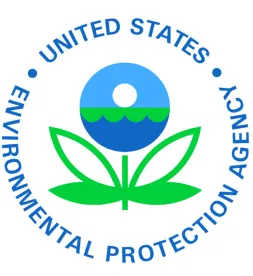On October 26, 2020, the US Environmental Protection Agency (EPA) officially proposed its Vessel Incidental Discharge National Standards of Performance (see 85 Fed. Reg. 67818). Comments are due on November 25, 2020, to Docket No. EPA-HQ-Oct-2019-0482.
The new Vessel Incidental Discharge Act (VIDA) (33 U.S.C. § 1322(p) consolidates and restructures the regulatory framework for nonmilitary and nonrecreational vessel incidental discharges, clarifies future regulatory coverage, requires the EPA to establish standards of pollution devices, and requires the US Coast Guard (USCG) to establish implementing regulations to reduce pollutants from most vessels. The VIDA requires the EPA to consult with interested governors and to obtain concurrence from the USCG. The USCG has two years to develop implementing, compliance, and enforcement rules after the EPA publishes its standards. The EPA’s new standards are to be as stringent as its 2013 Vessel General Permit (VGP) standards and also be technology based.
In its proposal, the EPA establishes general and specific standards for approximately 82,000 regulated international and domestic vessels operated in waters of the United States and its contiguous zone. Public vessels, fishing vessels (ballast water only), cruise ships, ferries, barges, tugs and tows, offshore supply vessels, mobile offshore drilling units, tankers, bulk carriers, cargo ships, container ships, and research vessels are covered.
The standards separate vessel incidental discharge into three categories: (1) general operations and maintenance, (2) biofouling management, and (3) oil management. They do not incorporate VGP requirements verbatim but transition them to technology standards. The first group consists of 13 incidental discharges (e.g., boilers, fire protection) that have substantially the same standards as the VGP. The second group has standards for two incidental discharges that are modified from the VGP (bilges and desalination and purification systems). The third group consists of five incidental discharges with the most modification from the VGP (ballast leaks, exhaust gas, graywater, hulls, and seawater piping). Vessel sewage is covered by separate marine sanitation devices and is not included in this rulemaking unless sewage is commingled with other discharges.
The USCG’s implementing regulations are not due until after 2022, and their exact format (e.g., permits, certificates) is not presently known. The EPA’s notice does not address the procedures that the USCG will follow when it implements and enforces the EPA’s standards. It is anticipated that the USCG’s implementing regulations will address these important issues.





 />i
/>i
